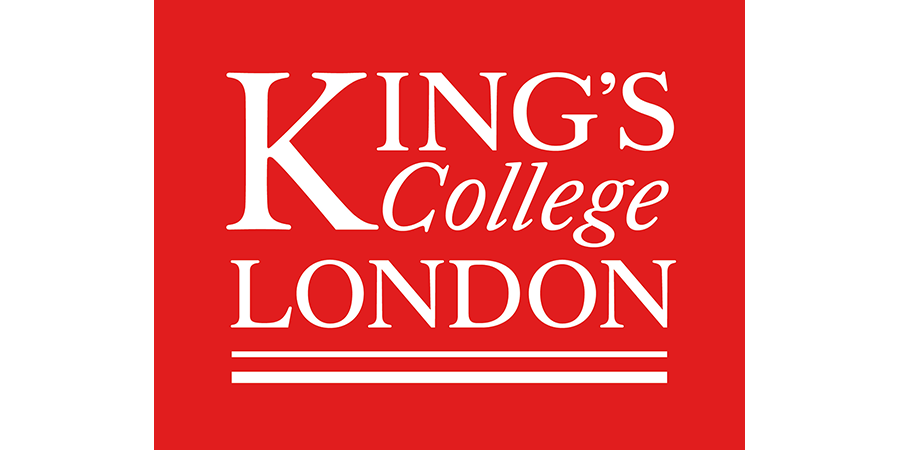Post-doctoral Research Associate in Preclinical Liver MRI
King's College London - School of Biomedical Engineering & Imaging Sciences
| Location: | London |
|---|---|
| Salary: | £44,105 to £51,485 per annum including London Weighting Allowance |
| Hours: | Full Time |
| Contract Type: | Fixed-Term/Contract |
| Placed On: | 6th February 2025 |
|---|---|
| Closes: | 23rd February 2025 |
| Job Ref: | 106765 |
About the Role
We are looking for a highly motivated Postdoctoral Researcher to join Dr Andrada Ianus at the School of Biomedical Engineering & Imaging Sciences, King’s College London, working in close collaboration with Dr. Po-Wah So at the Institute of Psychiatry, Psychology & Neuroscience. You will join a dynamic multi-disciplinary team with access to cutting-edge imaging facilities and world-renowned expertise. You will work on an ERC Starting Grant funded project to deliver novel MRI approaches to image the liver and enable the detection and charcaterisation of micrometastases.
The overarching aim of this project is to enable the detection and characterisation of liver micrometastases development in cancer, based on a novel MRI approach which combines multi-dimensional diffusion-relaxometry acquisitions, efficient data denoising and biophysical modelling of the tissue microstructure.
In this position, you will work on developing advanced preclinical MRI techniques and you will employ them for 1) in-vivo mouse liver imaging, both for normal controls and in models of liver metastases and 2) ex-vivo MRI of human liver tissue specimens. You will be responsible for the sequence implementation, data acquisition and analysis, including biophysical models of liver tissue, as well as liaising with the Liver Biobank at King's College Hospital in the Denmark Hill for the work related to tissue samples.
The experimental part of this work will be based at the James Black Centre in the Denmark Hill Campus. The applicant should have (or be in the final stages of completing) a PhD in Biomedical Engineering, Medical Physics, Medical Imaging, or a related area. They should have good analytical and programming skills and experience with the acquisition and analysis of (preclinical) MRI data, as well as with mathematical modelling and image processing methods.
Experience with preclinical rodent MRI, methods used for quantitative MRI, and/or pulse sequence programming are a plus. Ideally, applicants will have a proven research track record through peer review publications and conference presentations. They will also have excellent communication, organisational and time management skills and a creative approach to problem solving, together with the ability to work constructively and effectively within the team.
This is a full-time post (35 Hours per week), and you will be offered a fixed term contract for 3 years.
About You
To be successful in this role, we are looking for candidates to have the following skills and experience:
Essential criteria
- Hold a PhD (or near completion) in Biomedical Engineering, Medical Physics, Medical Imaging or related discipline*
- Good working knowledge of MRI theory, data acquisition and analysis
- Good working knowledge of mathematical modelling
- Practical experience within a research environment and / or publication in relevant and refereed journals
- Proficiency in MATLAB, Python, or other relevant programming languages
- Motivation to work with animal models
- Self-motivated, ability to work independently and in a team, willingness to conduct out-of-working hours data acquisitions when needed
- Ability to communicate well, critically assess research findings, to present at conferences and represent the team in meetings
Desirable criteria
- Relevant practical experience with in-vivo preclinical MRI of rodents
- Experience implementing MRI sequences on preclinical scanners
- Knowledge of animal research ethical principles and methods
- Work experience in a multi-disciplinary environment
- Experience with animal procedures and holds a Project Individual Licence
Advert information
Type / Role:
Subject Area(s):
Location(s):









